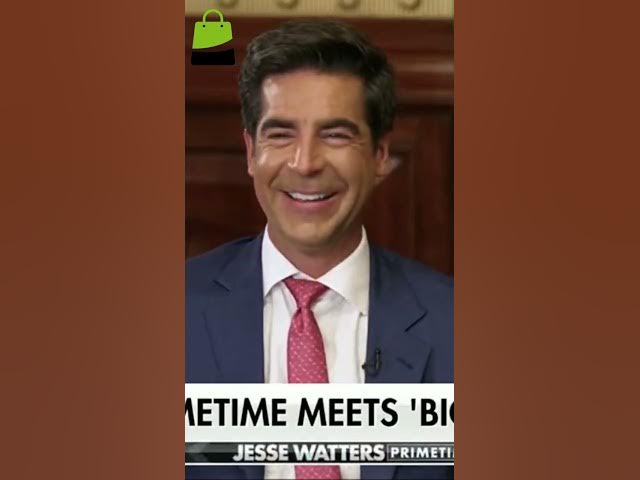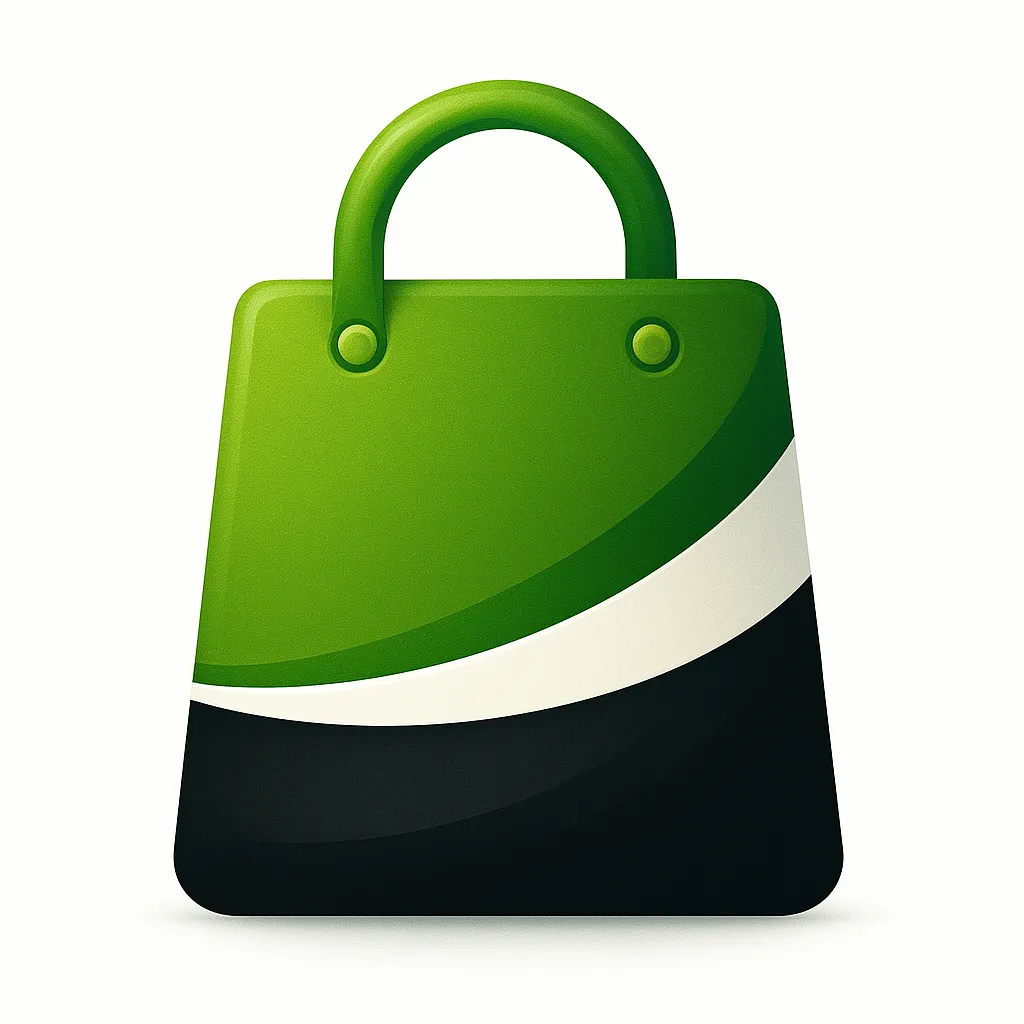0:00
Who's big balls? It's me.
0:05
That should be obvious.
0:08
Why do they call you big balls? I just
0:10
said it as my LinkedIn username. Um,
0:16
Well, people on LinkedIn take themselves
0:18
like super seriously and they're pretty
0:21
adverse to risk and I was like, well, I
0:23
want to be neither of those things. So,
0:25
I just I said it and honestly, I didn't
0:27
even think anyone would notice.
0:32
Yeah. So, LinkedIn is so cringe.
0:36
What does Big Balls do? Uh, right now
0:38
I'm working on some payment computer
0:40
stuff. So, one of our initiatives is to
0:42
root out fraud and waste. Um, and to do
0:44
that, we started looking at the payment
0:46
computers and as mentioned earlier like
0:49
there is no accounting of what payments
0:51
actually go to in the payment computer.
0:53
So, like you look at a specific line
0:55
item like $20 million, you're like,
0:58
"Okay, well, what is this money going
0:59
to?" And for the majority of payment
1:02
systems, it's like, "Well, we don't
1:03
really know." And they're like, "What?"
1:07
That would be the response. Is this the
1:08
most basic responses?
1:11
Yeah. Yeah. That's the most common
1:15
What do you say when people just say, "I
1:17
don't know." It's a huge cause for
1:19
concern because like the upstream thing
1:21
which is distributing the money
1:23
literally has no checks um and no no
1:26
accountability to the actual American
1:28
taxpayer. So it's a huge vector for
1:30
fraud, waste and abuse. Do these people
1:32
not respect taxpayer money? I mean
1:36
there's no incentive to if you work in
1:37
the government. Uh I think the
1:39
incentives will always decide the


